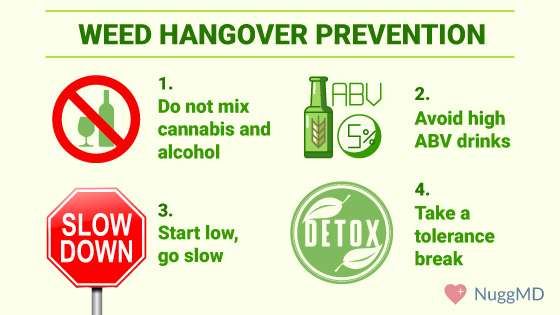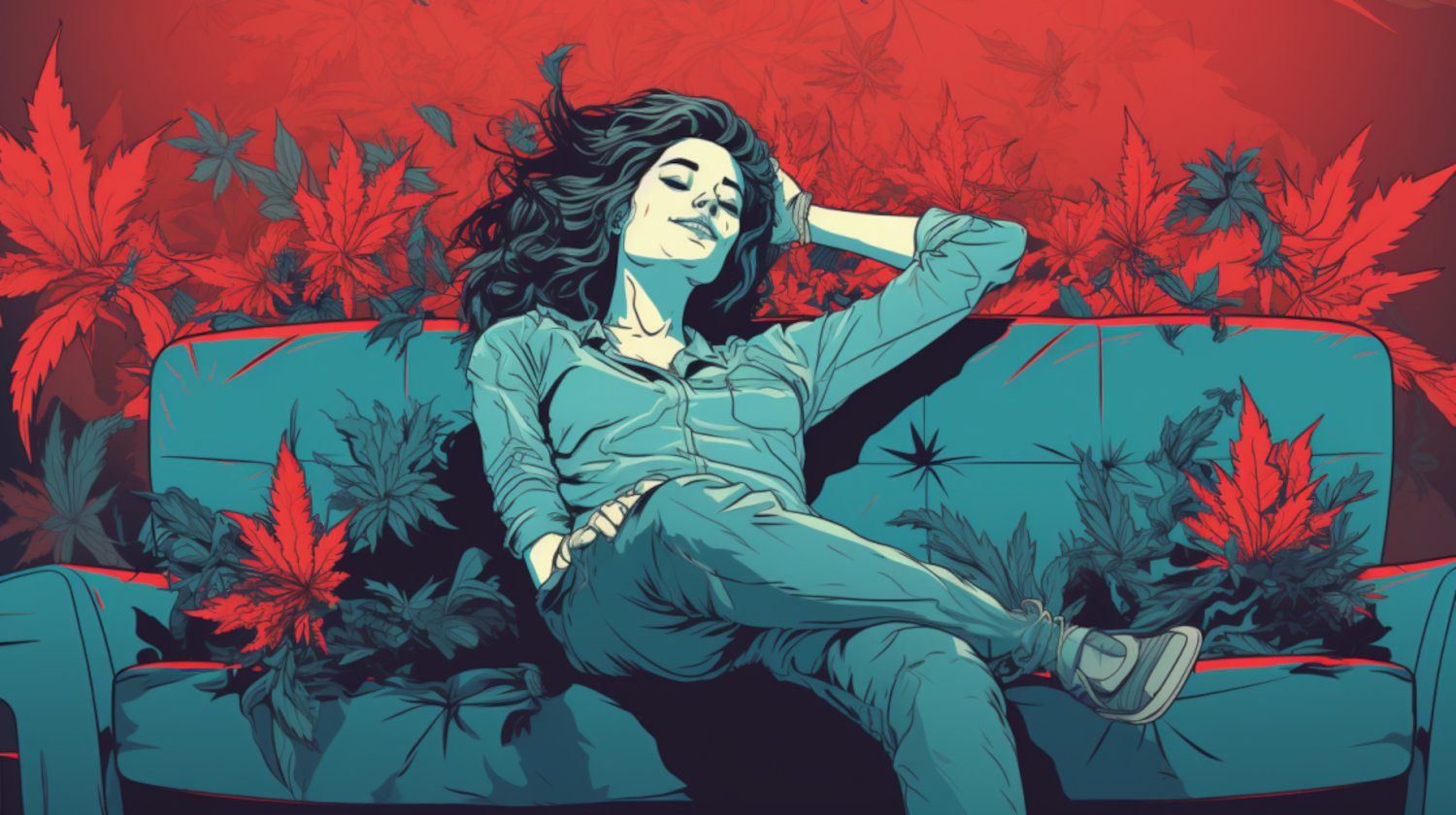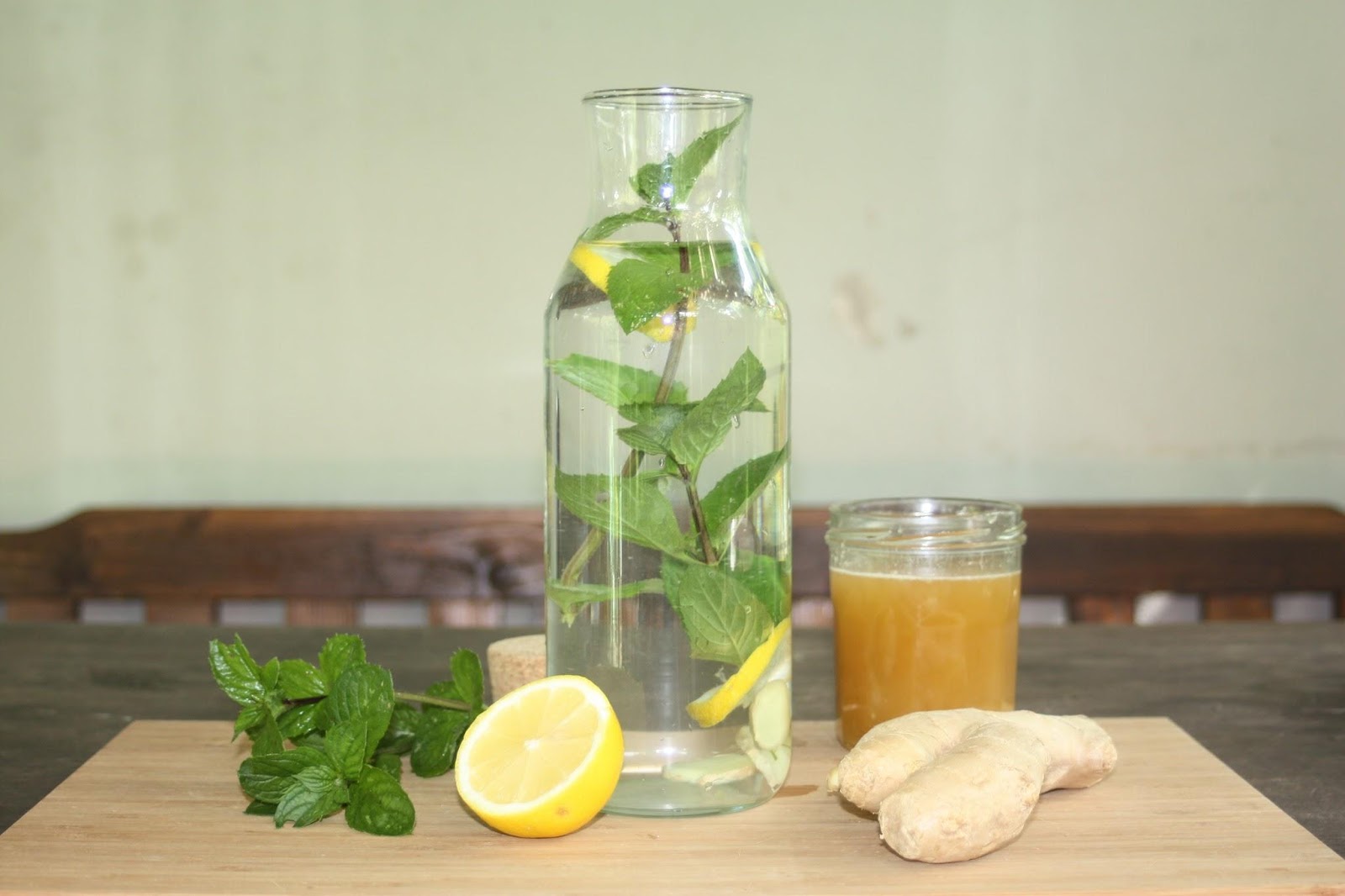Key Takeaways
- Weed hangovers can cause fatigue, brain fog, and dry mouth.
- Symptoms are typically mild and often resolve within 24 hours.
- Hydration, rest, and light activity can help alleviate discomfort
Hangovers – everybody hates them. And if you think you're in the clear by cutting booze out of your lifestyle, we've got some bad news: weed hangovers exist. But there is an upside. Symptoms are typically much less intense than booze-based hangovers. Still, the effects of weed hangovers are not to be underestimated.
In this article, we explain what a marijuana hangover is, including its symptoms, possible remedies, and how you can avoid incurring its mildly nagging wrath.
What is a Weed Hangover?
Alcohol hangovers are the pits. And as we age, the symptoms only seem to exacerbate – in intensity and duration. Typically, signs of an alcohol-induced hangover include:
- Body pain or discomfort
- Dry mouth or dehydration
- Exhaustion
- Headache
- Increased thirst
- Light sensitivity
- Nausea
- Sweating
Weed hangovers seldom veer into the realm of alcohol symptoms. Still, a marijuana-based hangover carries its own pains and discomforts worth avoiding. Typical symptoms resemble the subdued, uncomfortable pains you'd experience from alcohol.
Read on to learn about those symptoms.
Are Weed Hangovers Real?

As with most cannabis topics, this requires more clinical analysis before making definite conclusions. Overall, anecdotal evidence and scant studies spanning several decades seem to suggest that pot hangovers are indeed real.
In 1985, 13 male cannabis consumers were analyzed over one evening and morning smoke session. Those using actual THC, as opposed to a placebo, were reported to have displayed hangover effects.1 Other studies have concluded similarly. A 2017 analysis of over 1600 chronic pain patients found 21.7% noting cannabis' olfactory effects and a marijuana hangover as two of many reported pain points.2
A study of 12 smokers over two weekends in 1990 concluded differently. Researchers did not associate cannabis consumption with "hangover syndrome" like alcohol in this case.3 Since its publishing, some have argued that these findings may not be reliable today, citing rising THC potency. They say that today's medical and recreational cannabis is much higher in THC than decades ago and may be capable of producing hangover effects.
It's also worth noting that particular natural and lab-produced cannabinoids have not been studied sufficiently, and it remains unclear if they can generate hangover effects. With new consumption options gaining popularity in recent years, we may need to explore the subject of items like delta-8 hangovers and other similar cases further.
Weed Hangover Symptoms
Common weed hangover symptoms include:
- Fatigue and lethargy.
- Brain fog or difficulty concentrating.
- Dry mouth and eyes.
- Mild nausea or headache.
These symptoms are generally mild and short-lived, often resolving within a day. Staying hydrated and getting adequate rest may help mitigate these effects.
How to Determine If It's a Weed Hangover
Before calling symptoms a weed hangover, consider that you may also be dealing with lingering use effects. You might not be hungover; you may still be high. Typically, lingering use effects occur after waking up. You may feel groggy, have a bit of brain fog, or have some exhaustion or lethargy. It's a fine line between determining the two side effects and could be part of the reason why some people don't believe hangovers exist.
In other situations, you may be dealing with a case of being crossfaded. Being crossfaded comes after consuming cannabis and alcohol. The combined effects become pronounced soon after the high and buzz combine in your body. Often bringing out the worst of both consumption experiences, crossfaded symptoms include:
- Changes in body temperature
- Increased heart rate
- Lightheadedness
- Nausea
- Paranoia
You may also be feeling the effects of a changed routine. New diets, adjusted sleep habits, or other alterations to your daily routine that can occur with cannabis consumption could affect you in ways that feel like a hangover. If you notice this outcome, take stock of your daily regimen.
And while it won't be the case for new consumers, marijuana withdrawal symptoms can mirror a hangover. They may include:
- Anxiety
- Body pain
- Body temperature changes
- Changes in mood
- Cravings
- Decreased appetite
- Depression
- Headaches
- Irritability
- Nausea
- Nervousness
- Sleep struggles
How to Prevent Weed Hangovers

Preventing a marijuana hangover is simple enough once you identify the source of the problem. As is the case with alcohol, you can choose one or several options to help prevent any adverse outcomes.
- Moderate consumption: Start low and go slow, and pay attention to how your body responds.
- Choose strains wisely: Learn your body and which strains, if any, affect you negatively.
- Avoid mixing substances: Combining cannabis with alcohol or other drugs can increase hangover risk. Do not mix cannabis with alcohol or other substances.
If you typically experience hangover effects after ingesting 15mg of THC, consider sticking to a 2.5 to 5mg dose. And remember that THC content isn't the only potency factor in cannabis products. Consider the whole plant profile and its potential effects (known as the entourage effect).
If you experience lingering effects from cannabis, you may want to consider abstaining or detoxing from pot for a bit. Go on a full-fledged tolerance break for several weeks. Or take "off" days if you cannot go long periods without cannabis.
If you are a medical patient or are otherwise bound to more regimented dosing, contact your physician before changing your routine.
Weed Hangover Remedies
Much like an alcohol hangover, there are many supposed remedies users report may help come down from this uncomfortable experience.
- Stay hydrated: Drink plenty of water to combat dehydration.
- Eat a balanced meal: Nutritious food can help restore energy levels.
- Rest: Allow your body time to recover.
- Engage in light activity: A gentle walk or stretching can boost circulation.
Eating a meal rich in protein and healthy fats is believed to help reduce cannabis hangover symptoms.
Drinking plenty of fluids can help combat dehydration. Have several glasses of water anytime you consume cannabis. Sugar-free juice may also aid in recovery. Coffee could do the trick, but it also runs a risk of further dehydration.
If you are experiencing hangover symptoms, or if you just took a dose of THC and worry it may be too strong, you might consider a specially formulated cannabis recovery shot. Products like the ones developed by High-Not include terpenes and electrolytes designed to moderate the effects of THC.
If all else fails, you can try over-the-counter pain medication or a relaxing shower or bath.
Not every one of these done in isolation is a cure-all. But finding a go-to remedy that works for you provides a safety net so you can ride out any short-term unpleasantness faster and with greater ease.
Conclusion
Now that you know what a cannabis hangover is, you can proactively prevent this uncommon but uncomfortable outcome. Avoid increasing your hangover potential by following the tips listed above. And, if you end up with a hangover, try to rest and eat as healthy as possible.
Most importantly, remember that this will pass soon enough. Learn from the experience, and you can avoid it happening again.
Resources
- Chait LD, Fischman MW, Schuster CR. 'Hangover' effects the morning after marijuana smoking. Drug Alcohol Depend. 1985;15(3):229-238. doi:10.1016/0376-8716(85)90002-x
↩︎ - Piper BJ, Beals ML, Abess AT, et al. Chronic pain patients' perspectives of medical cannabis. Pain. 2017;158(7):1373-1379. doi:10.1097/j.pain.0000000000000899 ↩︎
- Chait LD. Subjective and behavioral effects of marijuana the morning after smoking. Psychopharmacology. 1990;100(3):328-333. doi:https://doi.org/10.1007/bf02244601 ↩︎
The information in this article and any included images or charts are for educational purposes only. This information is neither a substitute for, nor does it replace, professional legal advice or medical advice, diagnosis, or treatment. If you have any concerns or questions about laws, regulations, or your health, you should always consult with an attorney, physician or other licensed professional.




